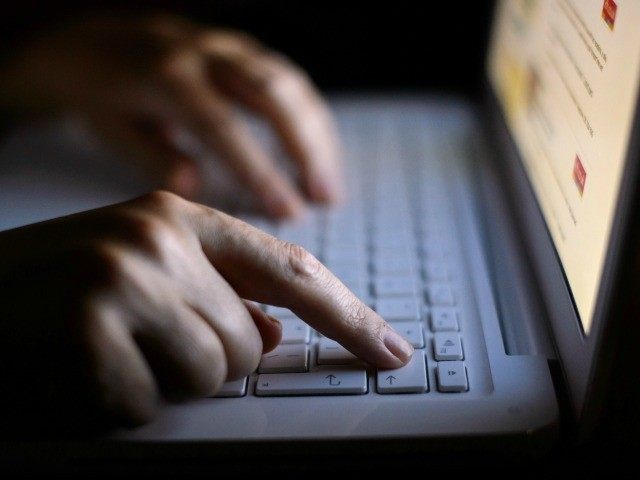Pope Francis warned of the dangers of misinformation on the Internet Saturday while extolling its contributions to modern communication.
In his message written for the 2021 World Communications Day, to be celebrated on May 16, 2021, the pope focuses on the need for journalists and writers to have real experiences, real encounters, and to not live isolated in a virtual world.
“Insightful voices have long expressed concern about the risk that original investigative reporting in newspapers and television, radio and web newscasts is being replaced by a reportage that adheres to a standard, often tendentious narrative,” the pontiff states. “This approach is less and less capable of grasping the truth of things and the concrete lives of people, much less the more serious social phenomena or positive movements at the grass roots level.”
The pope also warns about a version of reporting “created in newsrooms, in front of personal or company computers and on social networks, without ever ‘hitting the streets,’ meeting people face to face to research stories or to verify certain situations firsthand.”
Personal encounter is essential, Francis contends, because, otherwise, we remain “mere spectators” despite the technical innovations that can allow us to feel immersed in a larger and more immediate reality.
Journalism “calls for an ability to go where no one else thinks of going: a readiness to set out and a desire to see,” he insists while expressing his gratitude for “the courage and commitment of all those professionals – journalists, camera operators, editors, directors – who often risk their lives in carrying out their work.”
In his message, the pope also warned about first world-centered news media that neglect to report thoroughly on news from Asia, Latin America, and Africa.
“The internet, with its countless social media expressions, can increase the capacity for reporting and sharing, with many more eyes on the world and a constant flood of images and testimonies,” the pope says. “Digital technology gives us the possibility of timely first-hand information that is often quite useful.”
At the same time, “the risk of misinformation being spread on social media has become evident to everyone,” he states. “We have known for some time that news and even images can be easily manipulated, for any number of reasons, at times simply for sheer narcissism.”
The pope did not wade into the debate on Big Tech censorship and free speech, limiting himself to urge “greater discernment and responsibility for contents both sent and received.”
“All of us are responsible for the communications we make, for the information we share, for the control that we can exert over fake news by exposing it,” he continues.
“Every tool has its value, and that great communicator who was Paul of Tarsus would certainly have made use of email and social messaging,” Francis asserts, while insisting that the Gospels themselves were, and still are, “news stories.”

COMMENTS
Please let us know if you're having issues with commenting.